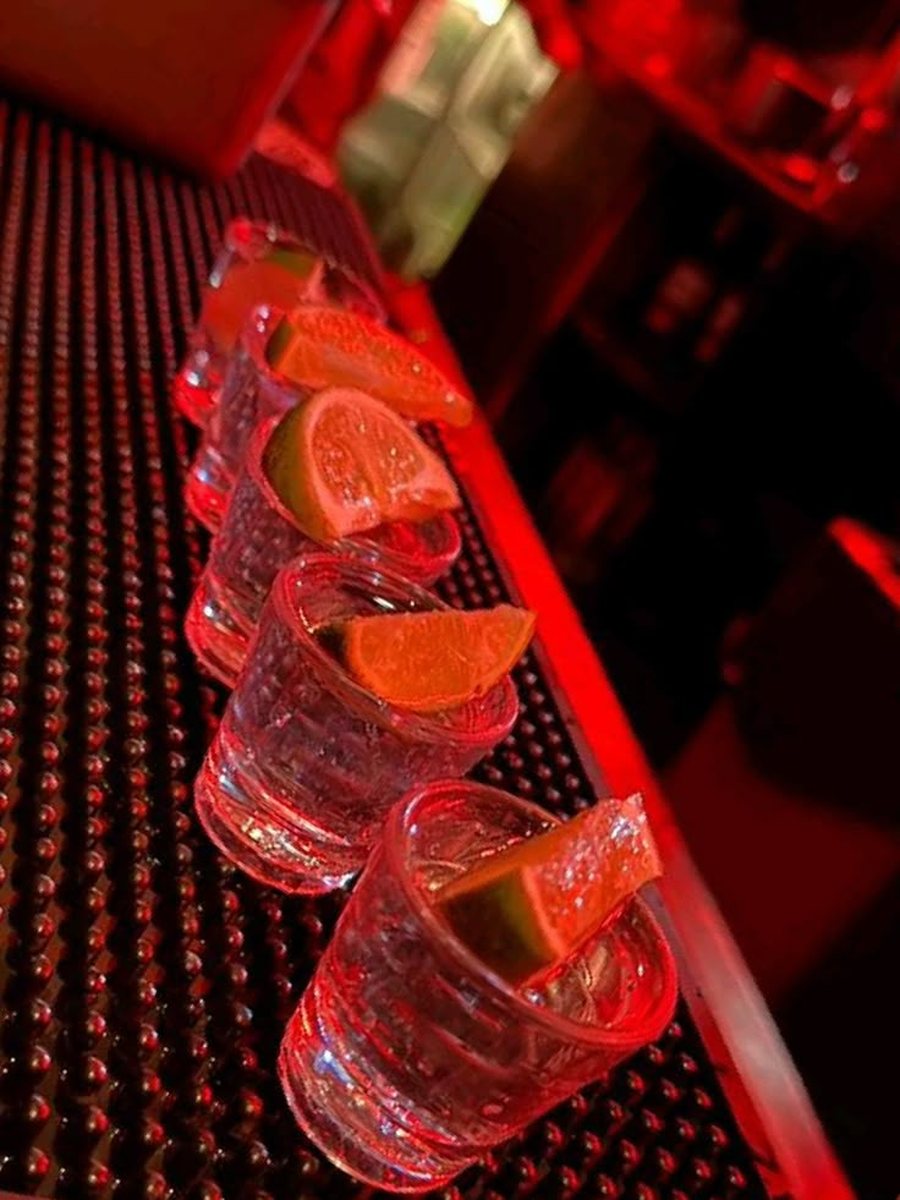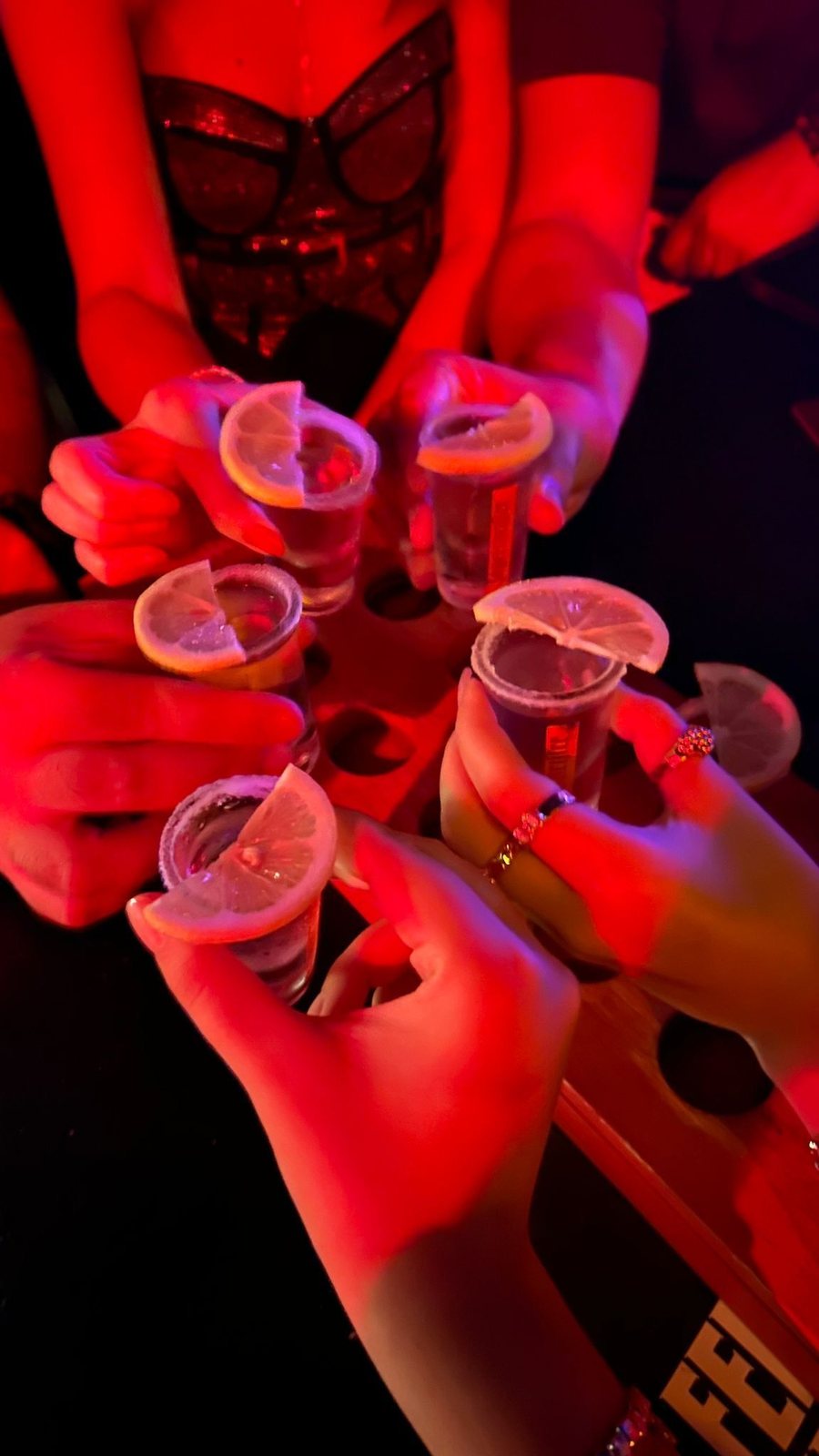
Although there are many studies warning about the dangers of alcohol consumption, from liver disease to cancer, this study brings a different perspective: it links the potentially harmful habit of excessive drinking to future professional success.
Norwegian sociologist Willy Pedersen and his colleagues at the University of Oslo spent 18 years tracking the drinking habits of over 3,000 Norwegians, aged 13 to 31. They found that people who drank frequently in their late teens and early twenties generally had higher levels of education and higher incomes than those who drank rarely or not at all.

In his new book "The Beauty and Pain of Drugs," Pedersen argues that psychotropic substances, including alcohol, can have a certain positive role in the careers of young people, as they help them overcome social obstacles and shyness.
"The most likely explanation is that alcohol acts as a marker of socialization, which is associated with some specific benefits," he explains.
As an example, he cites Oxford University's Bullingdon Club, known for its wealthy and prominent members who often socialize over drinks, including former British prime ministers Boris Johnson and David Cameron.
However, Pedersen emphasizes that there is no link between drinking alcohol alone and professional success.

In a previous article for Marie Claire, clinical social psychologist and author Elena Karageorgiou spoke about women's relationship with alcohol:
"Unlike younger generations, but also women of older generations, women over thirty use alcohol more freely in their social lives. Today, the image of a woman who drinks no longer evokes the stigma that it once would have caused. However, it is noticeable that this freedom has led to an increase in alcohol consumption among women, who often use it as a way to cope with the many professional and family pressures.
In these cases, drinking is seen as a form of empowerment or a temporary escape from the demands of everyday life. It is time to talk more openly about the gender dimension of this issue, so that it no longer remains a 'taboo'.”
And yes, a toast to this study!





